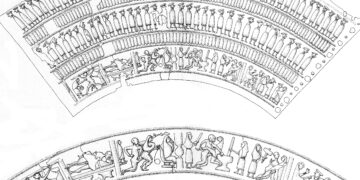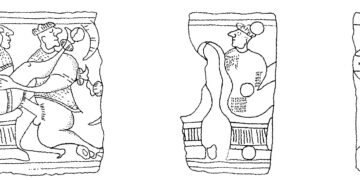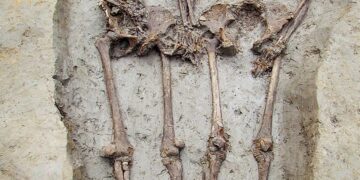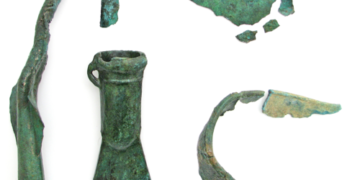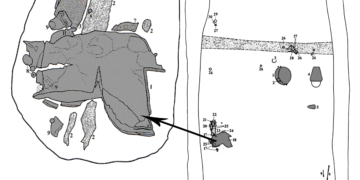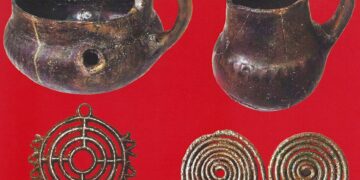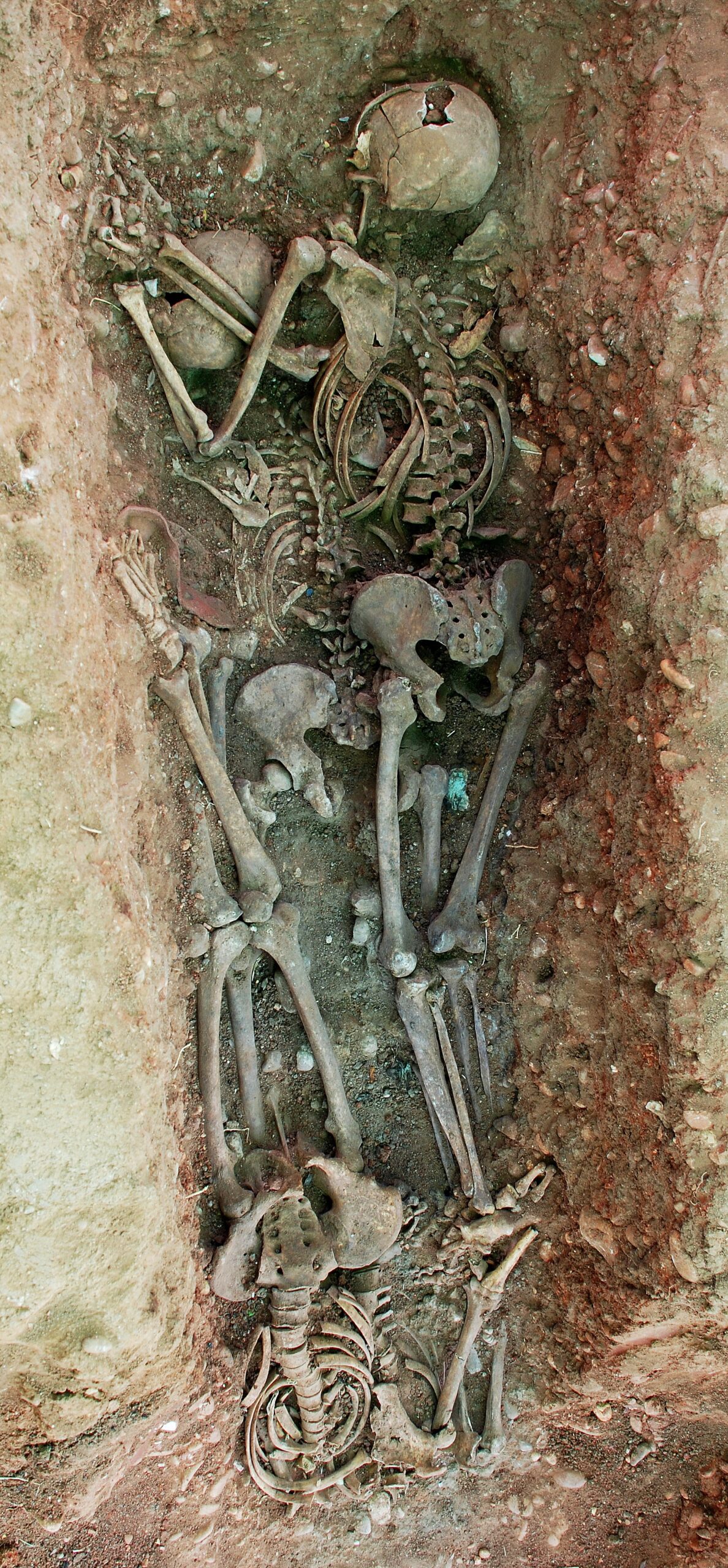Today the reader from the comfort of historical narrative can only hardly think and rethink the use of armed coercion as an instrument of ancient policy. Warfare was always seen as unavoidable evil of the human condition. Whether it be small frontier skirmishes between neighbouring city-states, lengthy city-sieges, civil wars, or large-scale battles between multi-alliance blocks on land and sea, the vast rewards of war could outweigh the costs in material and lives. Whilst there were long periods of peace and many examples of friendly alliances, the powerful motives of territorial expansion, war booty, revenge, honour, and the defence of liberty ensured that people were in the past regularly engaged in warfare both at home and abroad.
Women generally did not take part as combatants in the past, but they nonetheless were at the centre of the conflict. For women are, in effect, the cause, stakes, and victims of war: indirectly, because they lose their male relatives in war (fathers, husbands, sons, and brothers); and directly, because they are sacrificed, raped, killed, and/or reduced to slaves. It is worth considering, however, that they can also be the beneficiaries of war when they are in the camp of the victors – some of the wealth accrued from military conflicts could fall to women.












